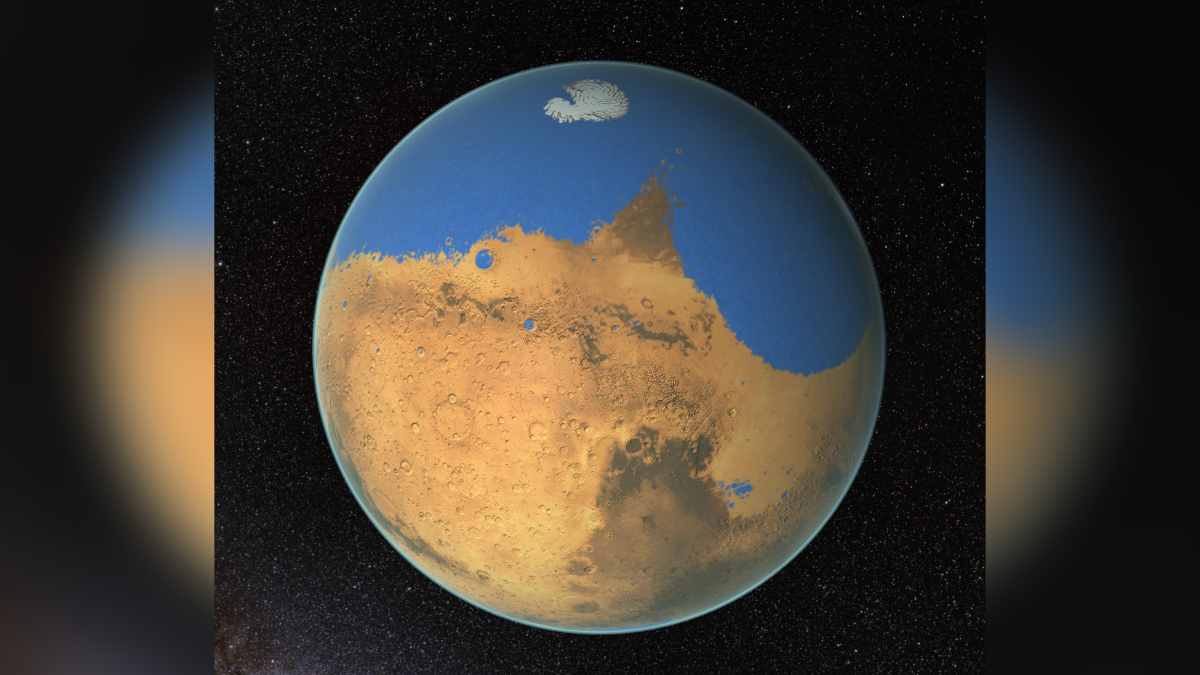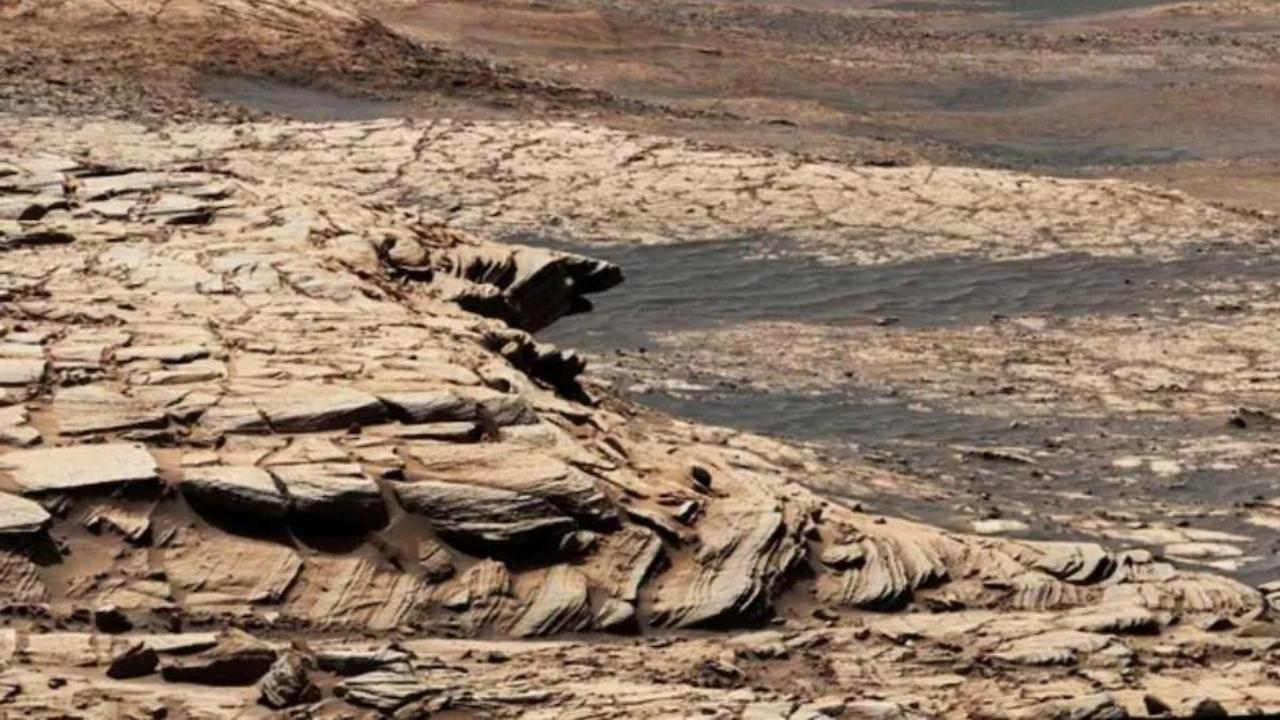Mars may be considered a dry and dusty planet today. Still, scientists have provided evidence that about 350 million years ago, a vast ocean existed on the surface of the Red Planet, which may have spread over hundreds of thousands of square kilometres.
This evidence has come to the fore in the form of shoreline topography, which has been identified through several satellite images of the Martian surface. A relief map can be made by dragging these pictures from a slightly different angle.

According to the research published in the Journal of Geophysical Research: Planets, the researchers charted more than 6,500 km of fluvial ridges raised by rivers. These ridges indicate that they are eroded river deltas or submarine channel belts.
Benjamin Cardenas, a geologist at Pennsylvania State University, says that on Earth, we chart the history of waterways by looking at the sediment or sediment that accumulates over time. We call it stratigraphy. Something similar has been done on Mars.

Using data from the Mars Reconnaissance Orbiter collected in 2007, the team analyzed the ridge thickness, angles and locations. This led them to understand the topographical depression known as the Aeolis Dorsa region on Mars.
According to researchers, many changes occurred in this part of Mars years ago. This change can be reflected in the substantial rise in sea level and the movement of rocks. At present, the densest fluvial ridge is found in Aeolis Dorsa.
Ancient Traces of a Giant Ocean Have Just Been Discovered on Mars https://t.co/m2rD4s3QtU
— ScienceAlert (@ScienceAlert) October 31, 2022
In a study published in Nature Geoscience, similar researchers, including Cardenas, applied an acoustic imaging technique to map ancient sea floors in the Gulf of Mexico to the model. It can be seen how the water would have destroyed the surface of Mars.
Researchers say that we are getting a lot of evidence suggesting that Mars once had a lot of water. Work is on to find out what happened to the water. However, it is not easy to see the time billions of years ago.











